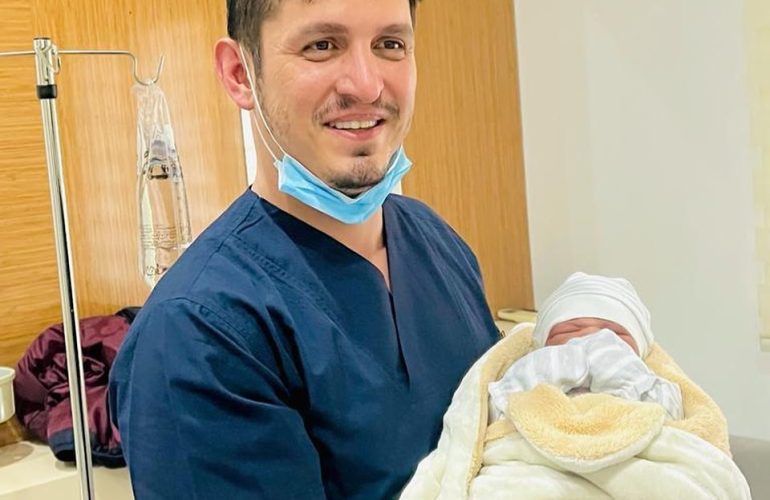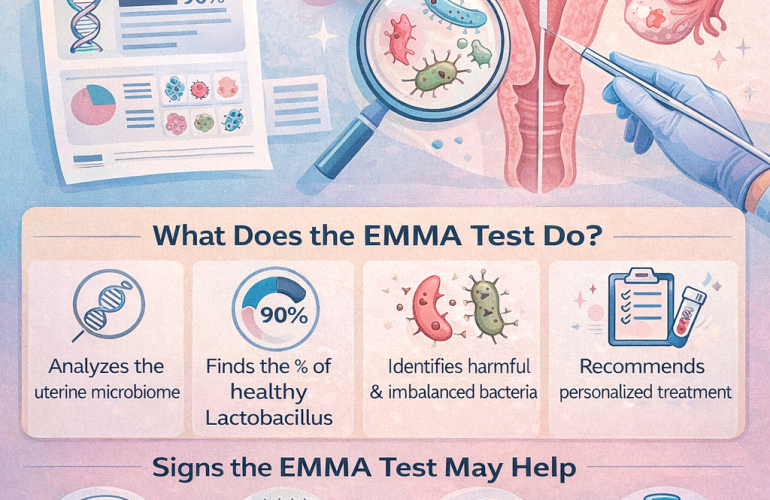Your Essential Guide to Getting IVF, Egg Donation, and Sperm Donation Medications in Canada
For individuals and couples undergoing fertility treatment in Canada — whether it’s IVF, egg donation, or sperm donation — one of the most important early steps involves obtaining the right medications. These medications support hormonal stimulation, ovulation, and implantation, and are critical to the success of assisted reproductive technologies (ART). But how do you actually get them?
Here’s a step-by-step guide to understanding how fertility medications are accessed in Canada, who is authorized to prescribe them, and what role fertility clinics play in the process.
🧬 Do You Need to Visit a Fertility Clinic First?
Yes — in almost all cases, you need to consult a fertility clinic or a reproductive endocrinologist before you can receive a prescription for IVF, egg donation, or sperm donation medications. Fertility drugs are not sold over the counter and must be prescribed by a licensed specialist who understands your unique reproductive health needs.
You’ll typically start with:
-
A consultation with a fertility doctor
-
Diagnostic tests (bloodwork, ultrasound, semen analysis, etc.)
-
A treatment plan tailored to your case, which may involve medications for you (and/or your partner or donor)
🧪 Types of Fertility Medications You May Need
Depending on your treatment type, here are some common fertility drugs prescribed in Canada:
For IVF:
-
Gonadotropins (e.g. Gonal-F, Menopur, Puregon): stimulate the ovaries to produce multiple eggs
-
hCG trigger shot (e.g. Ovidrel): triggers final egg maturation
-
Progesterone supplements (e.g. Endometrin, Crinone, or injectable progesterone): supports the uterine lining for implantation
For Egg Donation (Recipient):
-
Estrogen pills or patches: prepare the uterine lining
-
Progesterone: supports implantation of the donor embryo
For Sperm Donation (Recipient):
-
Ovulation induction drugs (e.g. Letrozole, Clomid): to ensure timing of insemination
-
Trigger shot and/or progesterone depending on whether IUI or IVF is used
📝 Steps to Access Fertility Medications in Canada
1. Get a Referral (if needed)
In some provinces, you may need a referral from a family doctor to see a fertility specialist. In others, you can book directly with a private clinic.
2. Consult a Fertility Clinic
Choose a reputable clinic near you — public or private. After an assessment, your doctor will prescribe fertility medications based on your treatment plan.
3. Choose a Fertility Pharmacy
Once you have your prescription, you’ll need to fill it at a specialty fertility pharmacy. These pharmacies are familiar with delicate handling, refrigerated storage, and timely delivery of hormone medications.
Well-known fertility pharmacies in Canada include:
-
Village Fertility Pharmacy
-
Accu-Pharmacy
-
Pace Pharmacy (Toronto)
-
Fertility Pharmacy Canada
-
Shoppers Drug Mart (select locations)
Some clinics have partnerships with specific pharmacies for convenience, competitive pricing, or expedited service.
4. Plan for Storage and Administration
Many fertility medications must be refrigerated, and some (like injections) require specific training. Your clinic’s nursing team will often guide you on:
-
How to store medications safely
-
How to administer injections at home
-
Scheduling doses precisely during your cycle
💸 Are Fertility Medications Covered in Canada?
It depends on your province and your health insurance. In general:
-
Public healthcare (e.g., OHIP, RAMQ, MSP) does not cover fertility medications unless part of a funded IVF cycle.
-
Some provinces (like Ontario) offer one funded IVF cycle, but you still pay for medications out of pocket (which can cost $3,000–$5,000).
-
Private insurance may cover a portion, especially if your policy includes fertility treatment or drug coverage.
-
Tax deductions: You may be able to claim fertility medications and related expenses on your income tax return under medical expenses.
🌎 Can Medications Be Shipped Across Borders?
If you’re undergoing treatment abroad (for example, in Cyprus or the U.S.), your fertility doctor can still write a Canadian prescription, and many fertility pharmacies can ship internationally, depending on the destination country’s import regulations.
However, always check with:
-
The destination clinic, to ensure the medication brand is compatible
-
The Canadian pharmacy, to see if shipping to your country is possible
✅ Final Thoughts
Accessing IVF, egg donation, or sperm donation medications in Canada is a well-regulated but multi-step process. The journey starts with a consultation at a fertility clinic, followed by a personalized prescription and guidance on how to administer the medications. While costs can be a factor, there are often insurance and tax strategies to help offset them.
By working with a licensed fertility clinic and an experienced fertility pharmacy, you’ll be well supported through one of the most important parts of your fertility journey — the medical preparation that makes everything else possible.
For any of your fertility problems, please do not hesitate to contact us. At Fertility Solutions we pride ourselves with the excellent tailored personal care we provide to our patients for their specific needs. A team member will contact you as soon as we get your message, and construct a personal treatment plan for your fertility problems in the country of Cyprus. You can also contact our clinics directly through the links below.
Cyprus Crown IVF Contact: https://en.cypruscrownivf.com/contact
Cyprus American IVF Contact: https://www.cyprusamericanivf.com/contact-us/
Dr. Halil Ibrahim Tekin (Dr. HIT) Youtube: https://www.youtube.com/@dr.halilibrahimtekin1715
Cyprus American IVF Youtube: https://www.youtube.com/@AmerikanTupBebekMerkezi




